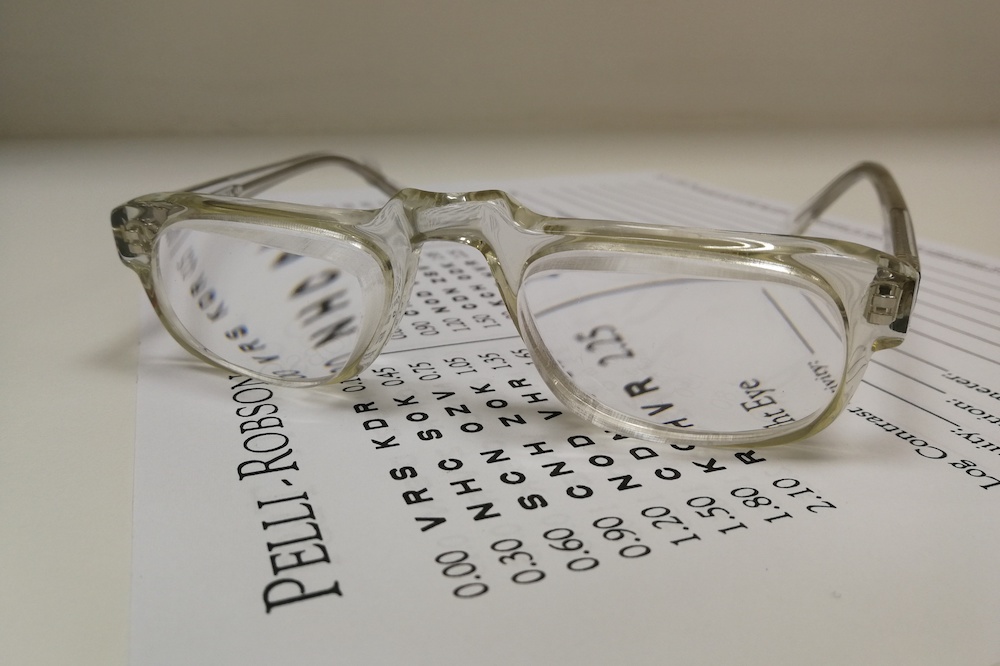Low vision

Low vision services are for people – both children and adults who have a vision impairment, whether or not medical treatment is able to help with their medical diagnosis. The most common conditions that vision impaired people who come to our services are:
- Age related macular degeneration
- Diabetic retnopathy
- Glaucoma
- Untreated cataracts
- Nystagmus (uncontrolled constant eye movements)
How a low vision specialist Orthoptist can help
Specialist orthoptists can provide and advise on a range of vision aids, lighting, contrast and technology solutions to help you make the most of your eyesight and regain or maintain your independence. They can assist you in learning strategies which help you to make the most of your vision, are knowledgeable in additional services, and can signpost you to contacts and charities which offer additional services and support. Specialist low vision orthoptists can advise on both children’s vision and educational support as well as adult vision and technology to assist in your place of work.
Information and resources for patients
There’s a huge amount of information and resources available to support those living with low vision and their families.